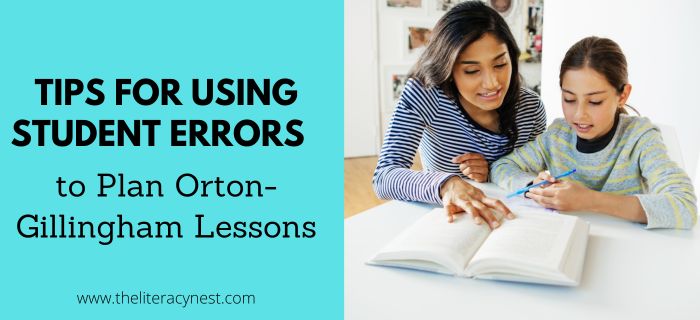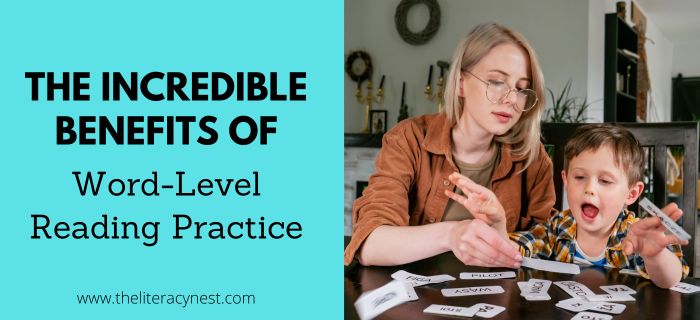A Structured Literacy Approach: How to Help Your School With Making The Transition
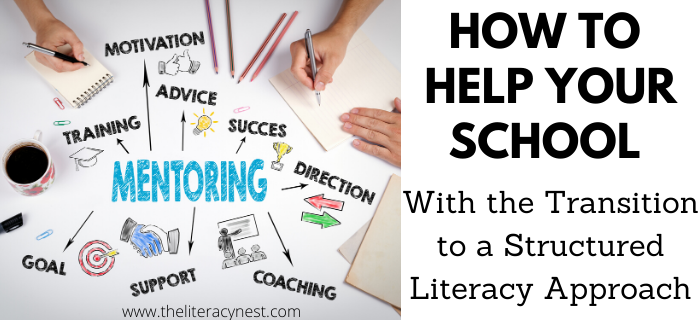
One challenge that structured literacy practitioners face in their work is isolation and frustration with how to share their knowledge in a way that will be well received. While this is a bigger challenge for those working in a school setting, the issue may also arise for those in private practice when communicating with other teachers.
Teachers work hard and most are very proud of the work that they do. You have worked hard to master literacy programs and frameworks and implement them. However, we know that for students with dyslexia, they need a multisensory structured literacy approach in order to be successful. There is a gap in educating pre-service teachers and ongoing professional development for veteran teachers about dyslexia and how best to help these students.
Here are some tips for implementing a structured literacy approach in your school.
They were collected from Orton-Gillingham trained and certified teachers and tutors.
This advice will be helpful when determining how you can help facilitate a change in the direction of a structured literacy approach.
- Trust: It pays to build trust and a rapport with teachers. Many intervention teachers have very limited time to connect with classroom teachers on a regular basis. The ever-changing landscape of “Scheduling Tetris” means that often Interventionists don’t have the same lunch time or planning periods as those teachers they most want to connect with. Many have advised laying low at first and avoid coming on too strong. The last thing you want to do is provoke a defensive reaction.
- Data: Data is a driving force. In today’s world of education, data carries a lot of weight. While you are building trust and relationships with teachers, you can also be gathering and tracking data on your students and how they are progressing using multisensory structured language instruction. When you share that success data with other staff, the question naturally follows……what are you doing that is working so well?
- Encourage: Encourage small steps. Education tends to overwhelm teachers with constant new initiatives and programs. This can lead to many veterans becoming somewhat resistant to adopting something new. Providing bite size bits of information can be very effective. The International Dyslexia Association has a number of engaging infographics that are quite powerful.
- Be Responsive: Respond to a need. When teachers share a challenge, such as students having difficulty transitioning to decoding multisyllabic words, make a suggestion that uses Structured Literacy principles. Just like we may hop on a teachable moment with children, we can do the same with adults.
- Advocate: If someone expresses interest in being fully trained, encourage them! Point them in the right direction. Lobby the administrator for funding on their behalf. More fully trained teachers means more people that fully understand the power of structured literacy instruction.
- Share: Share the ideas that can be implemented in the classroom tomorrow, without radically changing what teachers are doing. How can they make their classroom lessons more multisensory? Encourage them to add structured literacy practices where it fits into their current schedule.
- Admin Support: Get administrators on board. Having administrators that understand the value of a structured literacy approach is crucial to successful organizational change. Ultimately, they control the purse strings for professional development and do teacher evaluations. It takes leadership to hold teachers accountable for implementing something new. Sharing research and data with principals can create a powerful trend toward positive change.
- Be Open: Open your door and invite visitors in. Seeing what you are doing with students that classroom teachers see the rest of the day is an important part of fully understanding their student. This sort of observation may be just the inspiration someone needs to learn more or try something new.
- P.D. Opportunities: Provide professional development. While I mentioned the value of bite size bits of learning, there is no shortage of information that teachers may not be aware of. In addition to things that can be put into immediate practice, many Orton-GIllingham trained and certified teachers also encourage a Dyslexia 101 course. Even in graduate school for literacy, I didn’t learn about recognizing dyslexia or about myths and realities. A dyslexia simulation can be extremely powerful, especially for adults that may need to foster patience and understanding for our dyslexic learners. Sharing current understandings and research about reading and the brain is also extremely valuable.
- Patience: Be patient. Organizational change is not rapid. It takes time to get teacher buy-in and to get all the moving pieces going in the right direction. Many teachers reported successful implementation taking 5 years or more to really come to fruition. Structured Literacy Instruction will lead to more efficient and accurate decoding and encoding, and those improvements will motivate teachers even further.
- Provide Back-Up with Research: Administration, educators and families ALL want information about the approach, but need access to trusted sites, links to research articles, and lists of books to learn more, discuss, plan for training and implement change.
Authors to check out:
Any book by David Kilpatrick, Anita Archer, Louisa Moats or Marcia Henry is going to ensure you are reading content. with a structured literacy approach in mind.
Articles for Support
Here are FOUR well written articles which describe the Structured Literacy Approach.
Being an agent for organizational or system change isn’t an easy job. It is slow and often frustrating or discouraging, but remember the good work you do with students. When you provide them with the keys to reading, you are opening doors to new worlds and new opportunities. Those success stories are the most powerful agent of change of all. Teach them well and their confidence will shine bright for all to see.
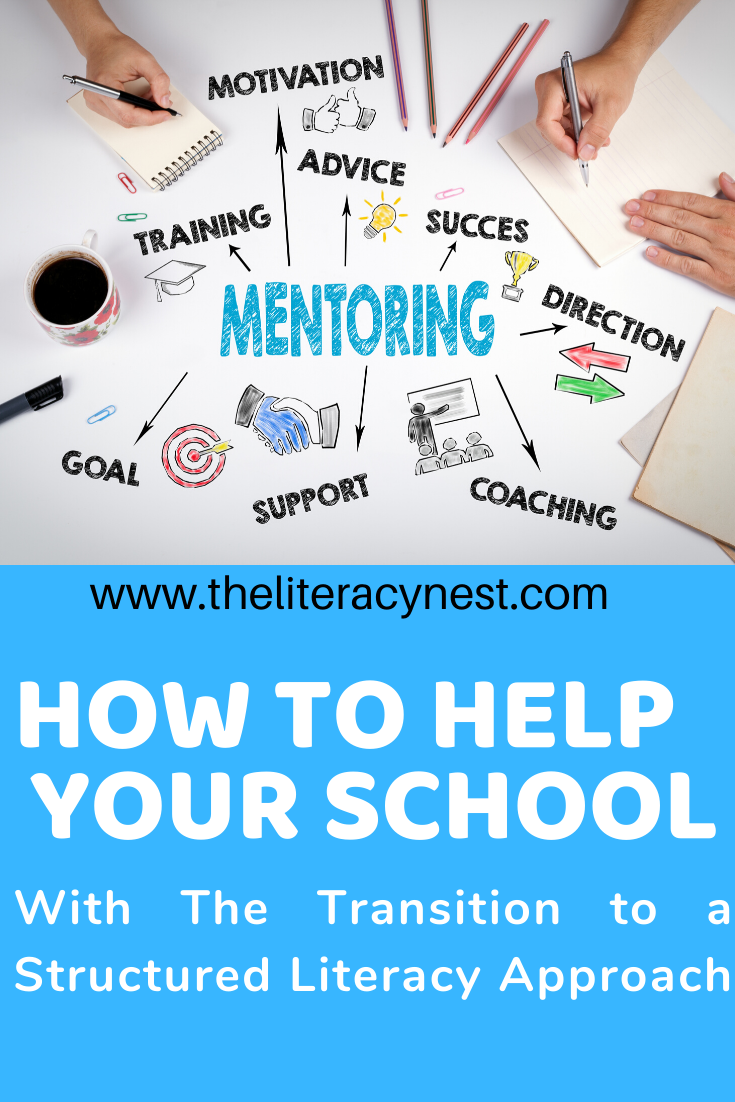
-
If you are seeking materials to support a structured literacy approach in your classroom or tutoring facility, be sure to check out the resources for structured literacy in my store.
-
You can also give Word List Builder a try for easy lesson planning and customization!
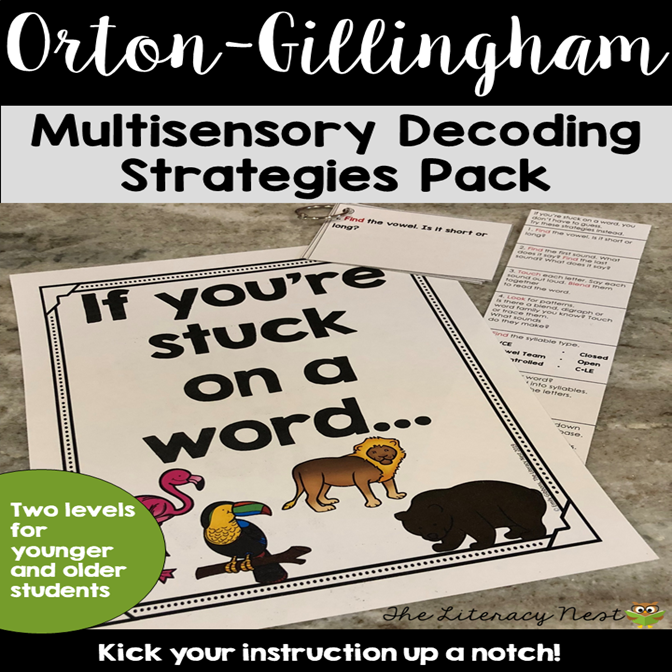
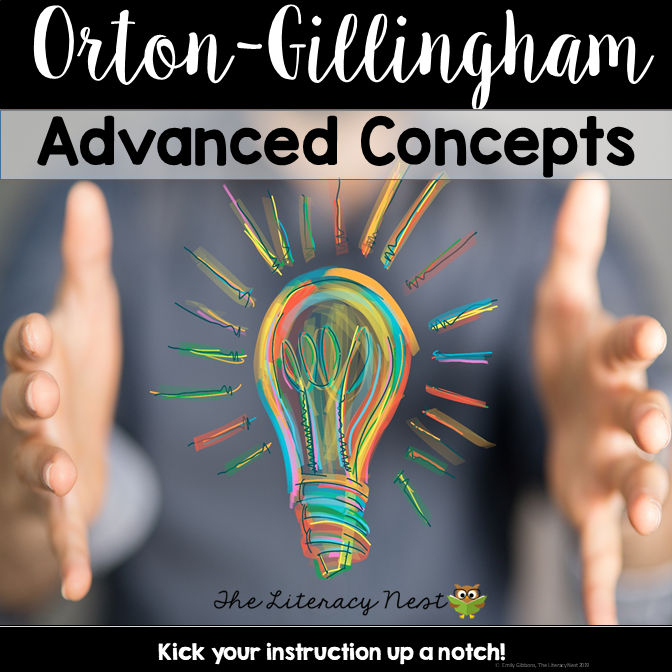

Thank you for stopping by my blog today!





